Remembering Professor Alice Gast | Imperial News | Imperial College London
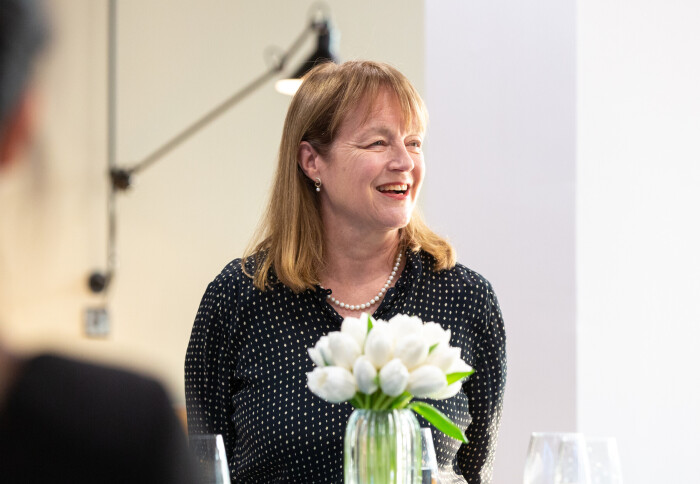
Professor Alice Gast, pictured in 2019

Professor Alice Gast, former Imperial President and Emeritus Professor of Chemical Engineering, died on 27 October 2025.
"Alice was known for her towering intellect, with a unique ability to see beyond the barriers that tend to confine us."Professor Hugh BradyPresident, Imperial
Professor Hugh Brady, President of Imperial, said: “It is with great sadness that I learned of Alice's passing, following a long illness. I offer my heartfelt condolences to her husband Brad, her children, and all her loved ones.
“Alice was known for her towering intellect, with a unique ability to see beyond the barriers that tend to confine us – be they academic, geographic, political or societal. Her own research, which bridged many scientific fields, as well as her unwavering commitment to international collaboration, epitomised this spirit.
“Alice was driven always by clarity and purpose during a time of unprecedented challenge and change. Against the backdrop of a global pandemic, she took Imperial from strength to strength – guided by her belief that universities should be forces for good in the world. We all continue to feel the impact of her legacy – here at Imperial, and across the higher education sector. It has been a privilege to follow in her footsteps.”
Professor Gast, the first woman to lead Imperial, served as President of Imperial from 1 August 2014 to 31 July 2022.
Under her transformational presidency, Imperial became a champion of collaboration, innovation and internationalism.
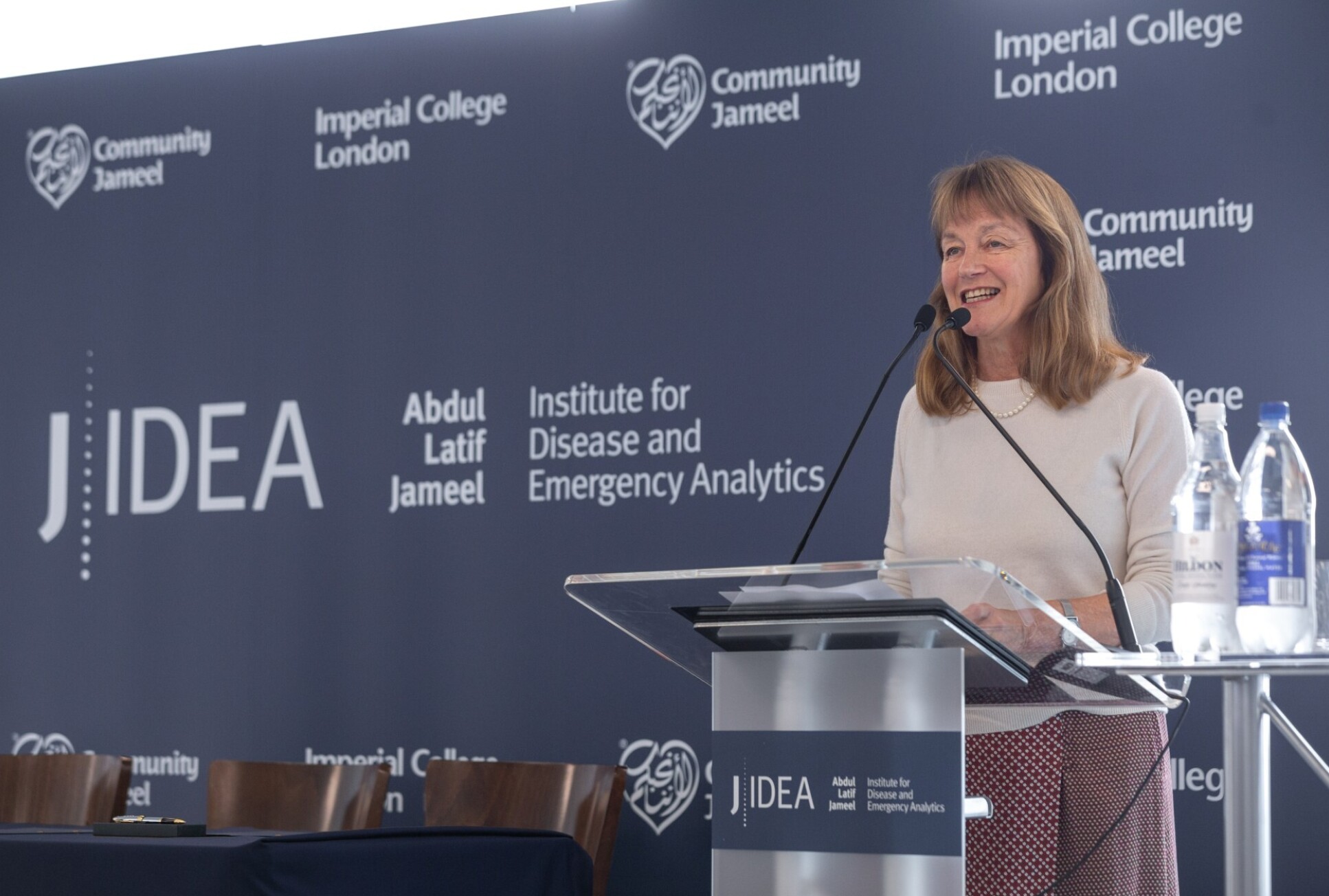
Global Science
"Our international community, our collaborations, our partnerships, and our own experiences in other cultures and places have an immeasurable and profound effect on the world."Professor Alice Gast
Professor Gast and the Imperial community stood firm on international values in the face of Brexit and geopolitical uncertainty. Reflecting in the New York Times in 2018, she said: “…as an American academic in London, I was disappointed by the Brexit vote. Yet British universities’ commitment to their core values of internationalism and excellence gives us reason to be confident in their future.”
During her tenure, new international partnerships were formed with the Centre national de la recherche scientifique (CNRS), the Technical University of Munich (TUM), the African Institute of Mathematical Sciences (AIMS) and the Massachusetts Institute of Technology (MIT).
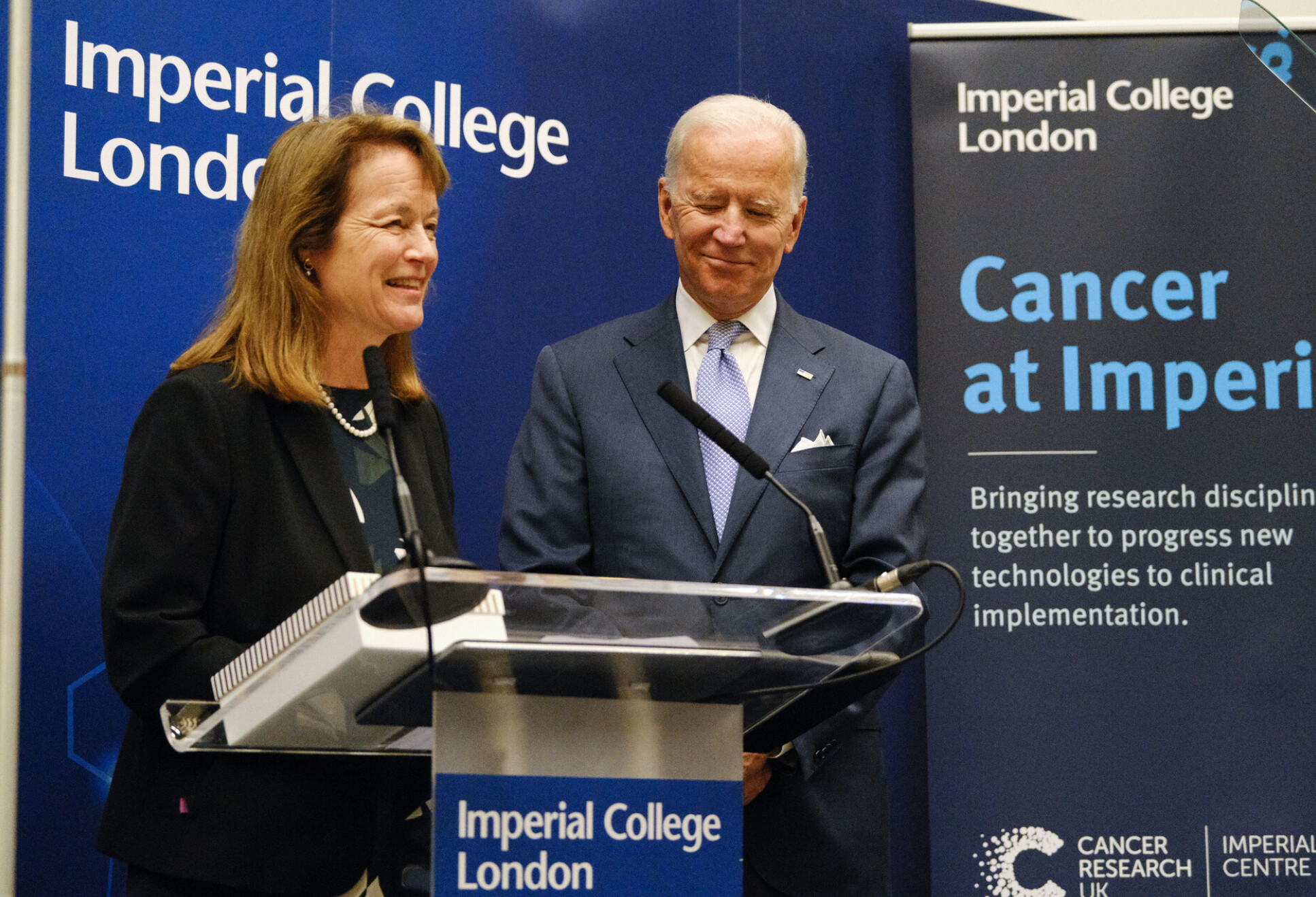
Speaking in her 2019 President’s Address, Professor Alice Gast said: “Our international engagements make us stronger and we will continue to build them. We will not relent in our quest to keep our doors open to students, collaborations, and colleagues from around the world.
“We are international. Our international community, our collaborations, our partnerships, and our own experiences in other cultures and places have an immeasurable and profound effect on the world.”
COVID-19 response
Imperial’s defining role in the world’s scientific response to COVID-19 – including through crucial modelling, and the development of new treatments, vaccine technology and tests – took place under Professor Gast’s leadership. At the same time, Imperial continued to deliver award-winning student education through national lockdowns, developing a world-class hybrid education experience. Professor Gast was energised by her Imperial colleagues and worked around the clock to support them in their response to the pandemic.
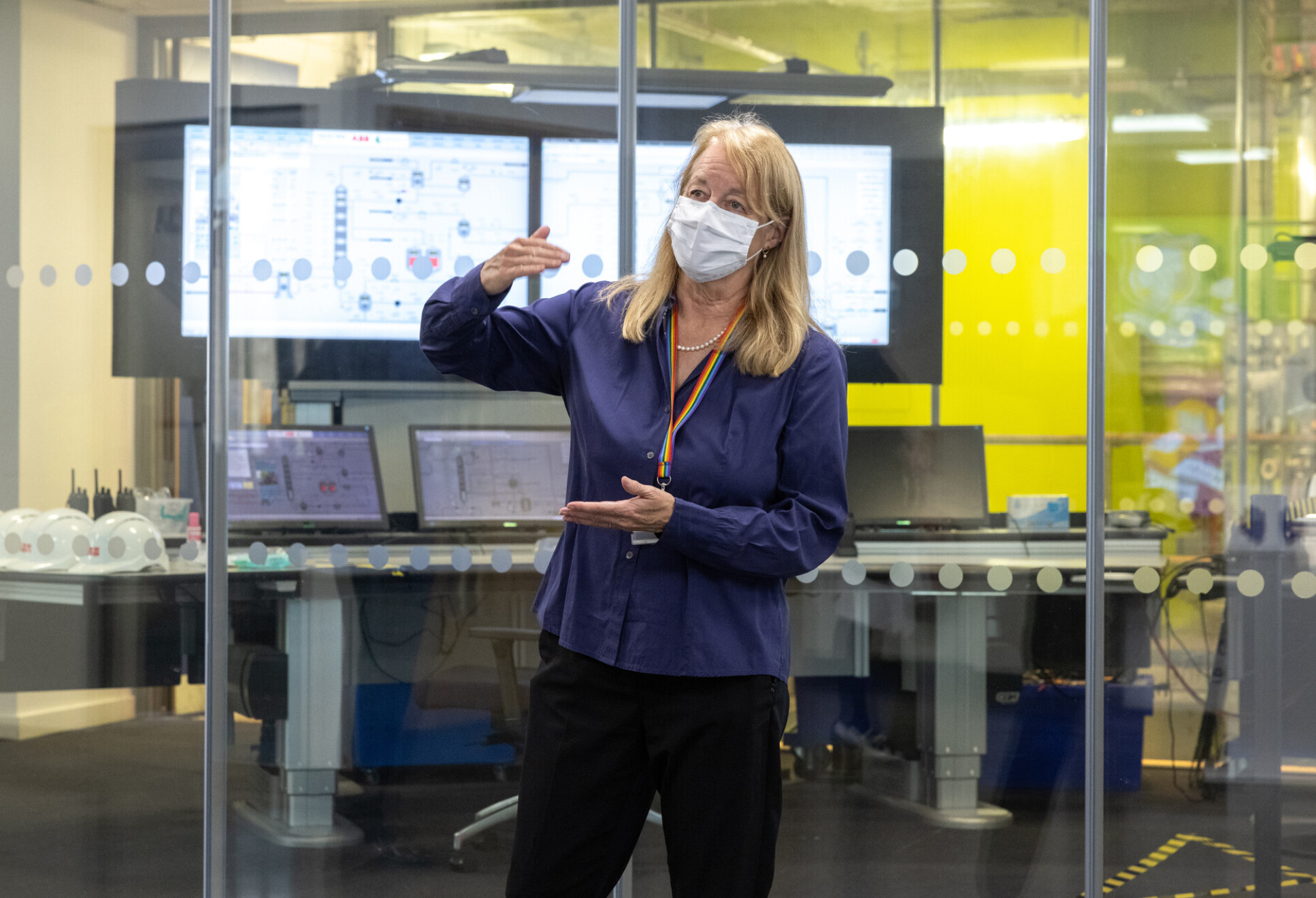
In 2021, when Imperial was named University of the Year, Professor Gast said: “When COVID-19 struck, students and staff did not just think about mitigation, they raised their ambitions. When labs closed, we sent ‘lab in a box’ kits to students’ homes. As borders shut, we developed virtual field trips. When the NHS needed doctors, we brought medical exams forward and online as our students stepped-up. Students and staff collaborated on virology, vaccine technology, epidemiology and testing innovations that leave a lasting legacy beyond the pandemic. They worked together to rethink our curriculum. Imperial’s experience is not just a case study in crisis, it offers a glimpse of what higher education can be.”
Rethinking philanthropy
"In a crisis, you need flexibility and lateral thinking. Philanthropists offer just that when every day of lab time matters."Professor Alice Gast
One of Professor Gast’s most significant contributions to Imperial was to amplify the university’s global impact by transforming its approach to philanthropy. When she stepped down as President, average annual giving was three times the previous ten-year average. Landmark gifts secured during her tenure included £25 million to the world-leading Mohn Centre for Children’s Health and Wellbeing, as well as support from Community Jameel to launch the Abdul Latif Jameel Institute for Disease and Emergency Analytics – responsible for some of Imperial’s most groundbreaking COVID-19 modelling work - just months ahead of the pandemic.
At the height of the pandemic in 2020, Professor Gast told the Financial Times: “In a crisis, you need flexibility and lateral thinking. Philanthropists offer just that when every day of lab time matters."
Community-based innovation
During her tenure, Imperial created a thriving innovation district at White City, strengthening British science, fuelling global business, and benefiting the local community. The launch of the Invention Rooms at White City in 2017 typified this. Professor Gast proudly took visitors – from colleagues to international partners to philanthropists and political leaders – to see this uniquely Imperial approach to community engagement and outreach, bringing members of the local community together with academics, students and alumni.
Former Member of Imperial Council Dame Alison Nimmo OBE said: "Alice was a courageous leader and strategic thinker. She loved Imperial with a passion that was infectious. I worked closely with Alice and her team for many years (as Chair of the White City Syndicate) helping turn the dream of creating a new innovation district in White City from a dream to reality.
"She was a determined champion, never daunted by the complexity of this transformational project or the incredibly tough day-to-day challenges we faced through the pandemic. Inspired by her personal knowledge of MIT’s Kendall Square in Cambridge Massachusetts, she saw a unique opportunity to turbo-charge Imperial’s world class research, teaching and talent, working with industry and business, to solve some of the toughest global challenges of our time.
"Alice’s mantra was always 'we build the ecosystem first' – using Imperial’s convening power to champion collaboration and to build a community of like-minded people. She was equally passionate about placemaking and community – she loved seeing young people engaging with science – hands-on exploring, discovering and having fun.
"White City is an incredibly important part of the legacy Alice leaves us, not just for Imperial and for London, but also for future generations of scientists, entrepreneurs and the curious."
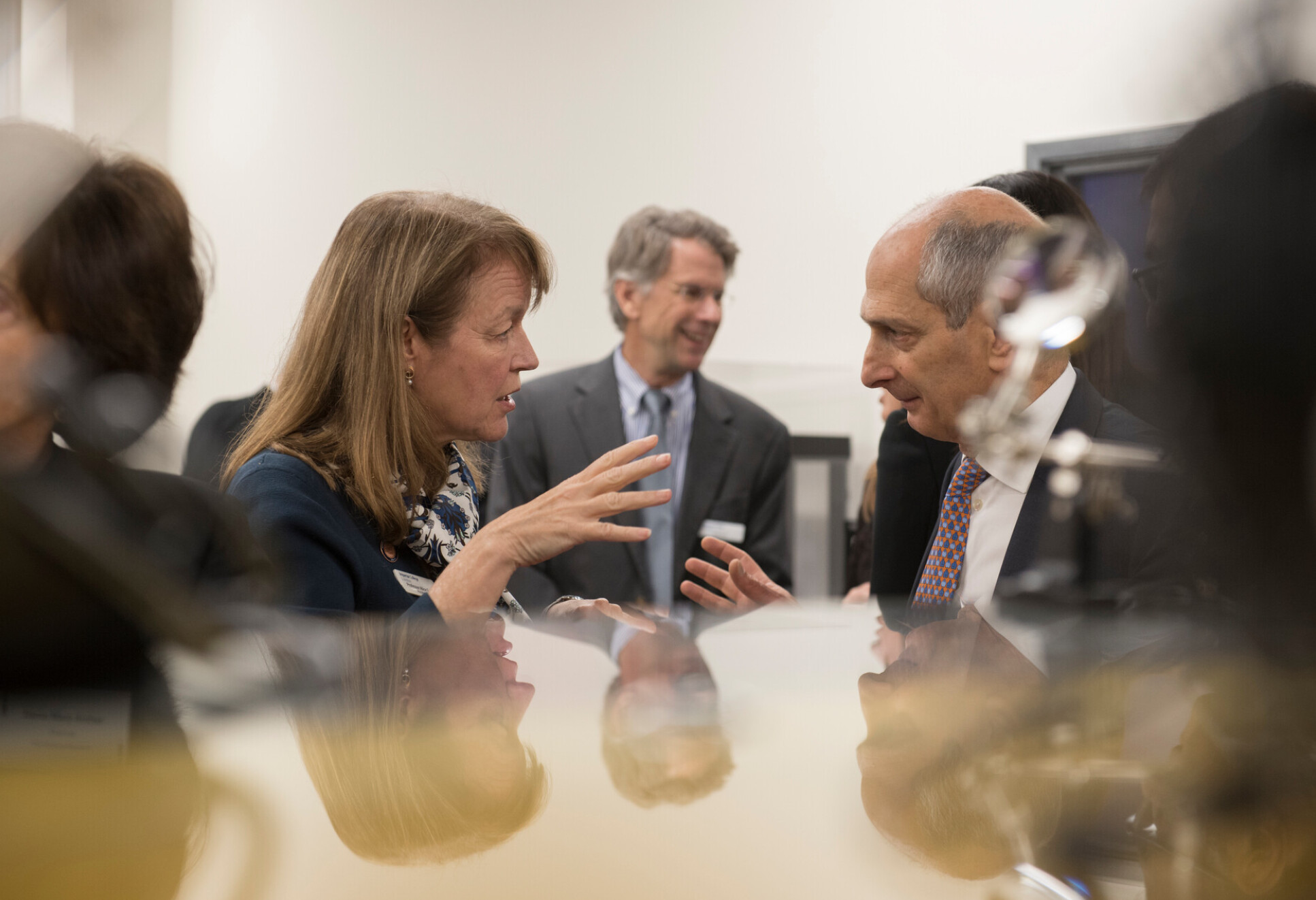
Championing women
Professor Gast drove a step-change in the support Imperial offers to entrepreneurs, including through the Imperial Enterprise Lab. With women underrepresented in the university’s startup ecosystem, Professor Gast partnered with investor Alexsis de Raadt St. James to launched WE Innovate, a programme for student women entrepreneurs that provides access to funding and mentoring, and exposure to investor networks at the earliest stage. The programme, which continues to this day, has gone on to support more than 500 entrepreneurs and has now been rolled out to four other institutions nationally.
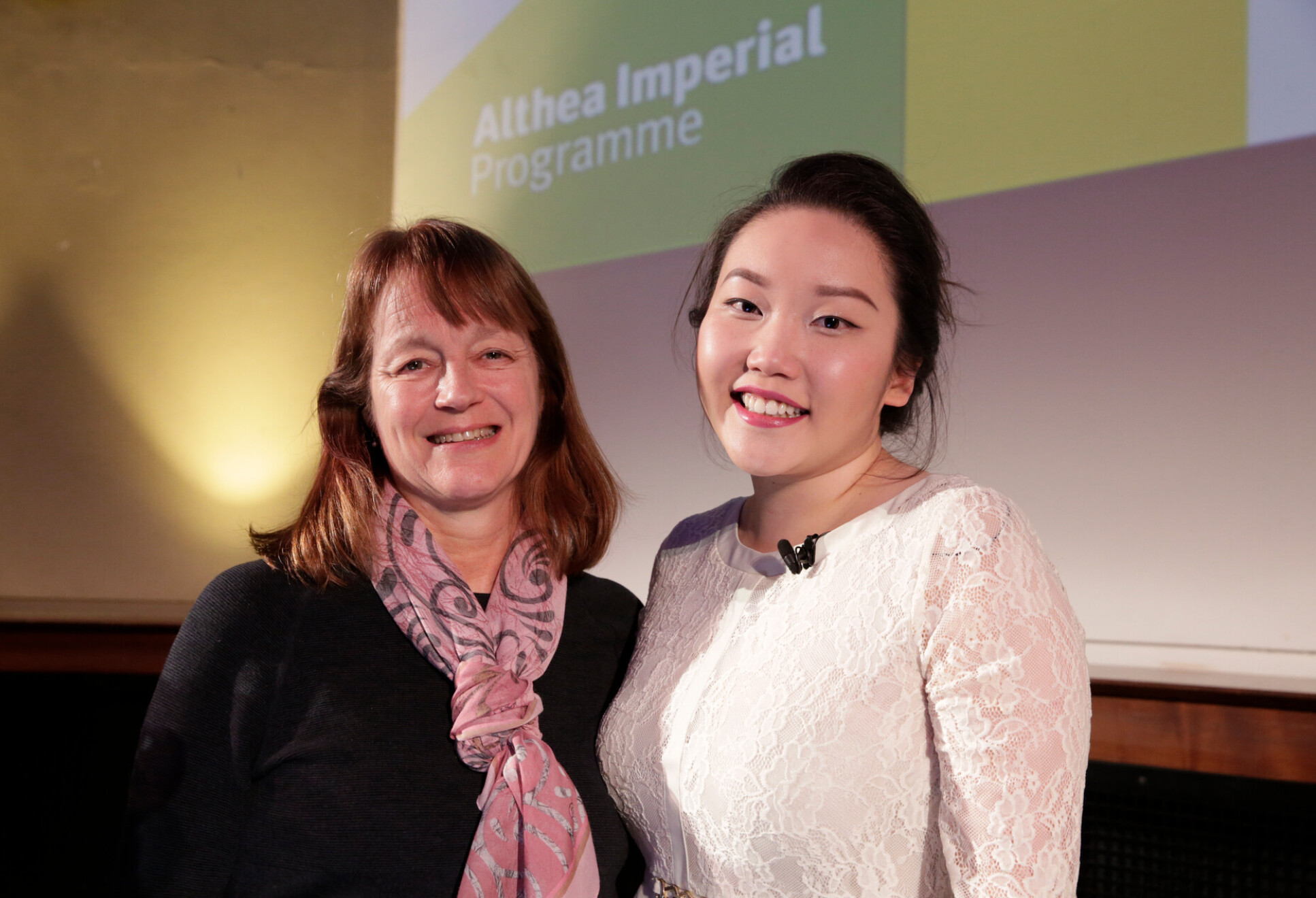
Writing in the Guardian with Alexsis de Raadt St. James in 2016, Professor Gast said: “If female entrepreneurs are given the space and support to explore startup ideas in their student years, they thrive... Investors, entrepreneurs and universities need to get better at coordination and collaboration. Innovation will remain suboptimal when only one gender is funded. Society pays a steep price for this creative and financial exclusion.”
Enduring legacy
In the years after her Presidency, Professor Gast continued to support and advise researchers and former colleagues.
She supported multiple charities, including Pancreatic Cancer UK, and drew on her expertise in public and private for an “entrepreneurial, rapid-response approach” to accelerate “breakthroughs for less survivable cancers”.
"Her legacy endures not only in her influential research and the institutions she shaped, but in the many colleagues and students who continue to be guided by her example."Professor Omar MatarHead of the Department of Chemical Engineering, Imperial
Professor Omar Matar, Head of Department, Chemical Engineering, at Imperial said: “Professor Alice Gast was an exceptional chemical engineer whose intellect, vision, and leadership transformed every institution she served. Her pioneering research in surface and interfacial phenomena advanced fundamental understanding in chemical engineering and inspired generations of scientists.
“As President of Imperial College London and earlier as President of Lehigh University, she combined scholarly excellence with a deep commitment to collaboration, innovation, and the global role of science in society. Alice’s career embodied the rigorous pursuit of knowledge, generosity in mentorship, and steadfast championing of the next generation of engineers.
“Her legacy endures not only in her influential research and the institutions she shaped, but in the many colleagues and students who continue to be guided by her example. She will be remembered as a brilliant scholar and a tireless advocate for the power of education.”
Alice Gast (1958 to 2025)
Alice Gast graduated as valedictorian from the University of Southern California in 1980 with a BSc in Chemical Engineering, and then earned her PhD in Chemical Engineering from Princeton University in 1984.
An internationally renowned scholar in the field of chemical engineering, Professor Gast’s academic interest was in surface and interfacial phenomena, in particular the behaviour of complex fluids where she made multiple pioneering discoveries while at Stanford University. She co-authored numerous scientific publications and a classic textbook on colloid and surface phenomena.
Speaking in 2016, Professor Gast said: “This area of research, where you can look at manipulating the forces between small particles to make something as beautiful as an opal, or as grand as a delta, was fascinating to me.”
Professor Gast’s areas of research have included ordering, magnetic suspensions, protein lipid interactions, and enzymes at surfaces. She has applied light, x-ray and neutron scattering along with statistical mechanical methods to study colloidal, polymeric and biological systems.
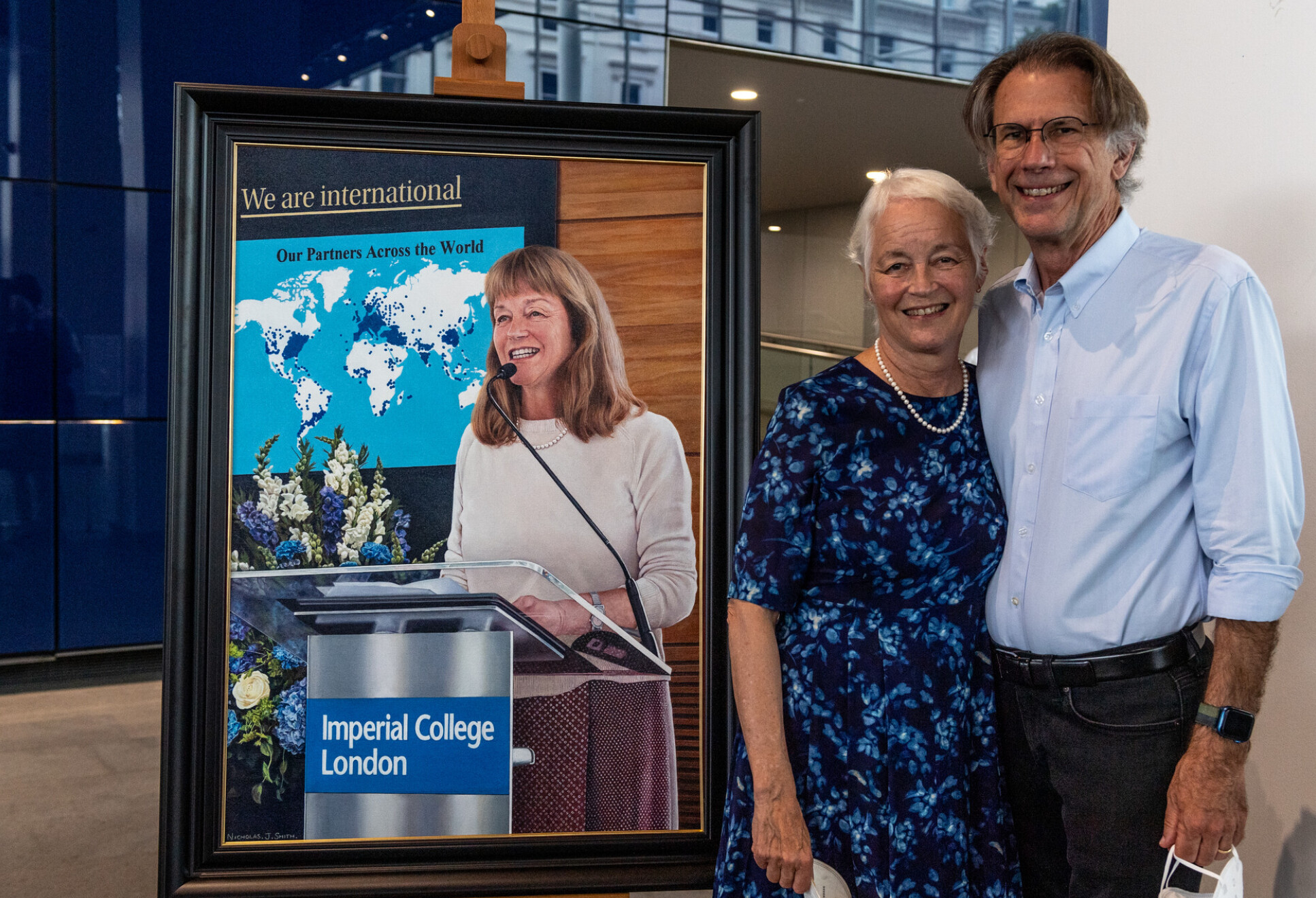
Prior to her appointment at Imperial, Professor Gast was the 13th President of Lehigh University from August 2006 to August 2014. Other leadership roles included serving as the Vice-President for Research and Associate Provost and Robert T. Haslam Chair in Chemical Engineering at the Massachusetts Institute of Technology from 2001 - 2006.
Professor Gast was a Fellow of the American Academy of Arts and Sciences, the American Institute of Chemical Engineers, the Royal Academy of Engineering, the City and Guilds of London Institute, and the Académie des Technologies, France. She was awarded honorary degrees by the Universiti Teknologi Malaysia, the University of Notre Dame, the University of Pierre and Marie Curie, and the University of Western Ontario. In 2017, she received an honorary professorship from Tsinghua University.
Professor Gast is survived by her husband, Bradley J. Askins, and their two children, Rebecca and David.
Find out more about Professor Alice Gast’s legacy at Imperial.







